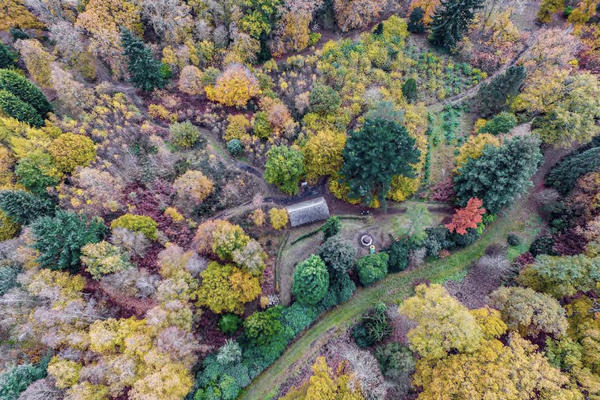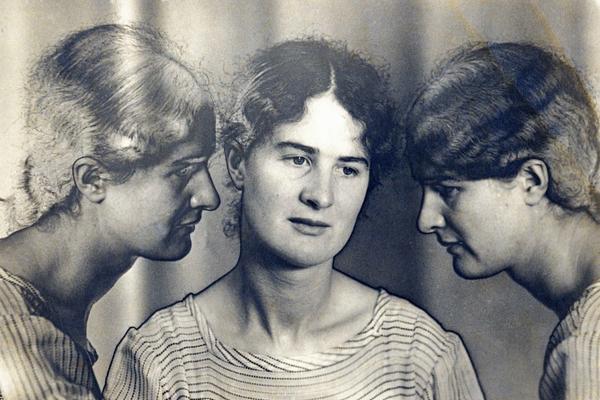Special projects
The Bodleian Libraries take part in a wide range of special projects which aim to strengthen the links between the Bodleian and local communities. We work with artists and musicians to interpret our collections in creative ways.
Recent projects have covered topics as far ranging as John Locke and Spring Festival, and have explored everything from the Bodleian’s oldest East Asian manuscripts to its photographic collection.
Highlight projects

Spring Festival
Locke Unlocked student project
Into the Green poetry project
Activate Learning at the Bodleian Libraries: Helen Muspratt, Photographer
Selected past projects

2017–2019
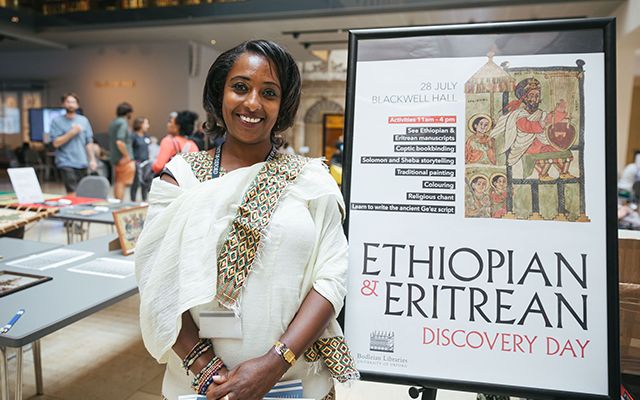
The Bodleian Libraries has a collection of manuscripts and icons from Ethiopia and Eritrea, including illuminated gospels in Ge'ez, the Kǝbrä Nägäst, and The Harp of Mary.
Members of the Ethiopian and Eritrean communities from Oxford, London, and Milton Keynes worked with the Bodleian to co-curate a display, Languages of God: Sacred Scripts of Ethiopia and Eritrea, which was open from 27 July – 13 October 2019. This project is helping us to find out more about these precious books and manuscripts and share them with the public.
Events included an initial scoping meeting in July 2017, a family day in July 2018, a study day in September 2018.
We celebrated the opening of the display on 27 July 2019 with over 200 members of the Ethiopian and Eritrean communities in the UK. The family day featured a traditional chant, a play in Ge‘ez, talks, craft activities, letterpress printing in Ge‘ez, and manuscript viewing sessions.
These events are part of a larger project to raise awareness of these historically important Ge’ez manuscripts.
Find out more about the background and latest updates for this project.
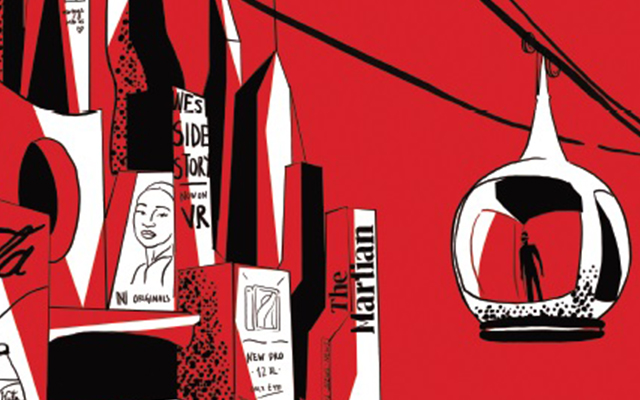
July – October 2019
14-19 year old students at Oxfordshire schools developed their creative writing skills and considered the impact of technologies on society during a week-long science fiction writing school during the school summer holiday.
Drawing on archive materials from the Bodleian’s collections, young people considered how past writers had envisaged our present world. They discussed with Oxford University researchers how current research in artificial intelligence, quantum computing and facial recognition may affect society in the near future.
Taking these sessions as inspiration, young people worked with author Jasmine Richards and Illustrator Nur Asena, to draft, edit and revise short stories which were published as an anthology, Who Writes the Future? published in hardcopy for school and public libraries in Oxfordshire, and available for download.
The young authors shared their insights with visitors to the Oxford IF festival of science and Ideas in October 2019.
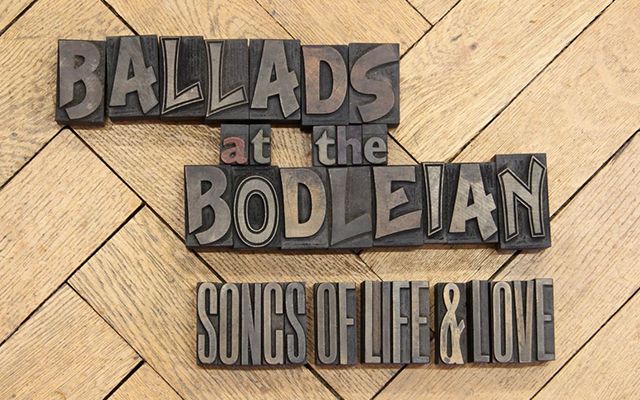
October 2017 – April 2018
As part of the 2018 Oxford Folk Weekend, local musician and choir leader Cat Kelly worked with Alex Franklin from the Bodleian's Centre for the Study of the Book to explore our collection of Broadside Ballads.
Cat chose six songs from the archives to reinterpret and arrange for community choirs. Singers from Rising Voices, Village Voices, Sounds Fun and Chipping Norton Singers learned these songs and visited the Bodleian to take part in printing workshops, where they typeset the lyrics to create a new printed broadside. Cat also worked with adults with learning disabilities to share the songs and traditional printing techniques in an accessible way.
During the Oxford Folk weekend 2018, the choirs performed songs in Blackwell Hall, along with members of the public, in a come-and-sing concert.
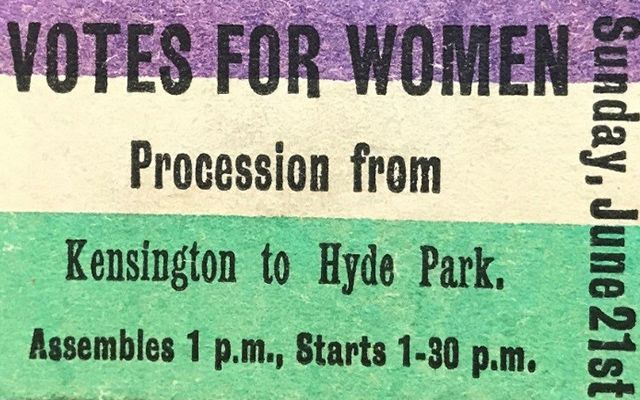
February – March 2018
Year 8 History students at Cheney School, which is also home to the Rumble Museum, developed their skills as curators and museum interpreters by creating an alternative guide the Bodleian's exhibition, Sappho to Suffrage: women who dared.
During several classroom sessions and a visit to the Weston Library students worked with the curator, exhibitions staff and our Education Officer. The students thought about how to create an engaging exhibition guide for the general public that tells the stories beyond the captions, and examined why certain people's voices are less likely to be preserved in libraries and museums. They also worked with local artist Dario Utreras to print the finished guide on the risograph.
During the Oxford Folk weekend 2018, the choirs performed songs in Blackwell Hall, along with members of the public, in a come-and-sing concert.
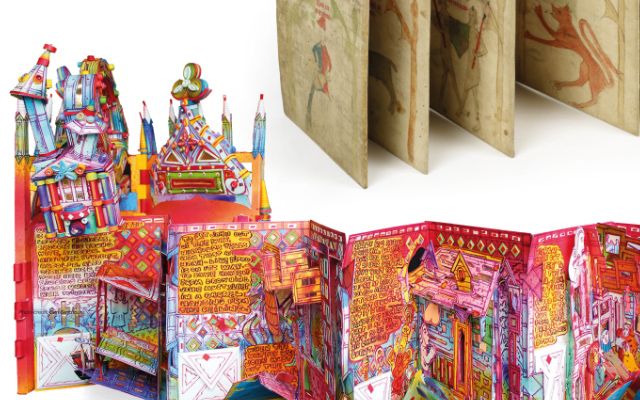
December 2017 – March 2018
The major exhibition Designing English: Early Literature on the Page (2017) showed the page design of English literature in handwritten manuscripts and inscriptions from the first thousand years of written English.
To celebrate the craft of the scribes, painters and engravers who designed the medieval pages that made English writing speak to people clearly and with authority, the Bodleian hosted a workshop for contemporary book artists, showing items from the exhibition up close and in detail, with guidance for participants from exhibition curator Daniel Wakelin, Professor of Medieval English at the University of Oxford. This was followed by an international competition that attracted more than 50 entries, some of which were chosen to go into a display, Redesigning the medieval book.
May – June 2017
What if a line of text escaped the rectangle of the printed page? That was the fantastical vision behind ‘Printing a line’ in June 2017. Artist Tamarin Norwood composed a text that could unspool as a stream of consciousness. Printer Richard Lawrence devised alterations to the common press (the style of press used by Gutenberg, Caxton, and Ben Franklin) which was designed to print single pages. The alterations enabled them to print Norwood’s text in one continuous line on a roll of paper 38 feet long.
November 2016 – April 2017
This project by Oxford Contemporary Music in 2016 was a collaboration with artists Lisa Knapp, Sam Lee and Nathaniel Mann. The folk musicians researched the Bodleian’s ballad collections and found political and social commentary in these early songs. Updated through modern eyes, but with a feeling for the traditional tunes, these became a concert that toured the UK.
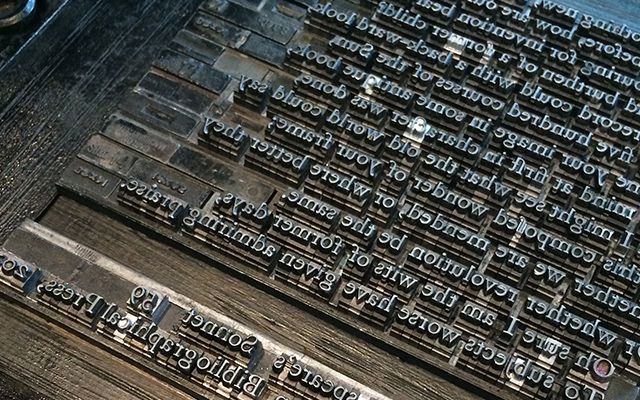
January – November 2016
In a sonnet cycle of 154 poems, addressed to both female and male love interests, William Shakespeare described every shade of passion while mocking the tones of courtly love. The Sonnets continue to fascinate readers over 400 years after his death. The ‘Shakespeare’s Sonnets 2016’ project invited printers around the world to produce one sonnet apiece, in any style and by any method of relief printing. The results form a multi-lingual, multi-media, and multi-dimensional collection.
The collection was presented to the Bodleian at an event in November 2016.





